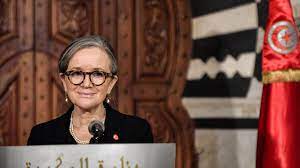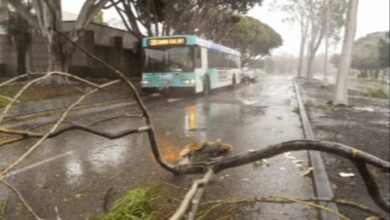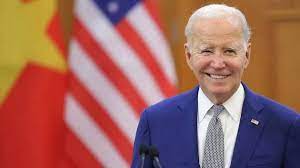Najla Bouden, Tunisia’s first female prime minister, is fired in favor of Hachani by president Saied
According to a video from the presidency on Tuesday night, Tunisian President Kais Saied has fired Prime Minister Najla Bouden, the first woman to head a cabinet in the North African nation.
No justification was offered.
According to Hachani’s Facebook page, Saied promptly replaced her with Ahmed Hachani, who had previously worked at the Tunisian central bank and studied law at the university where Saied was a professor.
According to the presidential video, the newly appointed head of state, who was unknown to the broader public, was promptly sworn in before the president.
On October 11, 2021, Saied appointed Bouden, two and a half months after the president had given himself broad authority on July 25 by appointing a new prime minister and suspending the legislature.
Saied has governed by fiat ever since he seized control.
The president’s office was given limitless power under the constitution, which he had altered by referendum in the summer of 2022, severely reducing the authority of the legislature.
After parliamentary elections at the end of 2022, which the opposition parties boycotted and which had a participation of just around 10% of voters, a new legislature was sworn in in the spring of 2023.
The president has recently issued many orders to fire several ministers, including the foreign minister, without providing a cause.
Since late February, a wave of arrests that included Rached Ghannouchi, the head of the Islamist-inspired Ennahda party and one of the president’s most prominent detractors, has resulted in the imprisonment of nearly 20 opposition, media, and business people.
They are referred to as “terrorists” by Saied and accused of “plotting against state security.”
The raid has been dubbed a “politically motivated witch hunt” by Amnesty International.
Since the democratic revolution of 2011 that resulted in the overthrow of dictator Zine El Abidine Ben Ali and the beginning of the Arab Spring upheavals across the region, Ennahdha has dominated alliances.
Serious economic challenges are added to the political upheaval Tunisia has been experiencing for the last two years.
With a debt burden of 80% of GDP and a growth rate of just 2%, the nation is experiencing growing poverty rates and high unemployment rates of 15%.







